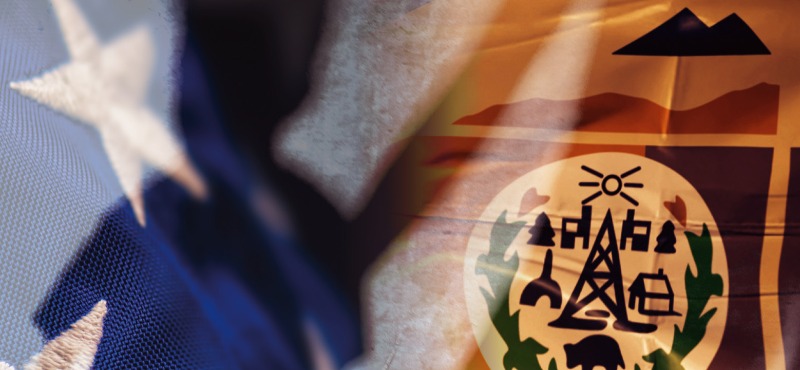The 41-year-old Indian Child Welfare Act (ICWA) has been recently challenged and may come before Supreme Court next year.
The law was enacted in 1978 to “protect the best interest of Indian children and promote the stability and security of Indian tribes and families by the establishment of minimum federal standards for the removal of Indian children and placement of such children in homes which will reflect the unique values of Indian culture.”
The constitutionality of ICWA was called into question in Texas when two foster parents, neither of whom is Native American, wanted to adopt a boy who is half Navajo and half Cherokee. The federal judge ruled in the parent’s favor, declaring that the law was unconstitutional because it was based on race. However, the case was appealed to the Fifth Circuit Court of Appeals where a three judge panel overturned the District Court’s opinion.
According to the National Indian Child Welfare Associate, they believe the plaintiffs will petition the Supreme Court.
We talked to a Best Lawyers-recognized attorney who specializes in Native American law in Colorado to get her thoughts on the Indian Child Welfare Act and the challenges to it:
Melody McCoy
Native American Rights Fund
Recognized for Native American Law Since 2013
Who do you think is benefiting from challenging the act?
Four decades later, ICWA is under attack, mostly by private for-profit adoption agencies that have a financial incentive to see more Native American children available for adoption through their services, as well as ideologists who object generally to the limited separate and independent legal and political status of Native American tribes in the United States.
How did the creation of the act help the Native American population?
In 1978, Congress enacted the Indian Child Welfare Act, based on Congress’ power to regulate Native American tribes and its policy of protecting tribal interests, to better regulate proceedings in state and tribal courts for termination of parental rights, adoptions, and foster care placement cases involving Native American children, based on well-documented evidence of Native American children being disproportionately—as many as 85 percent nationwide—removed from their families, communities, and tribes without notice and other due process protections.
How will this specifically affect Colorado if it is overturned?
If ICWA is found to be unconstitutional—either on the basis that it illegally discriminates based on race, in violation of the Fifth Amendment’s equal protection guarantee, or that it places unconstitutional burdens on state agencies and courts, or that it exceeds congressional power—it will affect Native Americans throughout the country, including the estimated 60-70,000 Native Americans residing in Colorado. Tribes will lose the rights and protections for adoption and placement of Native American children that the act provides, and Native American children likely again will be taken from their tribes, communities, and families.
























